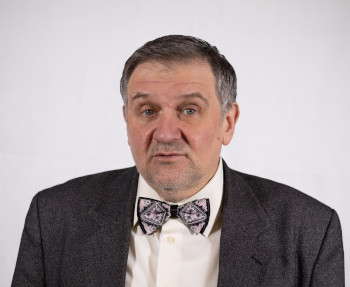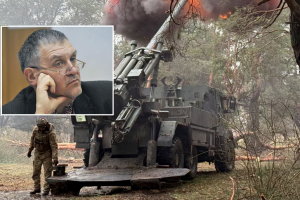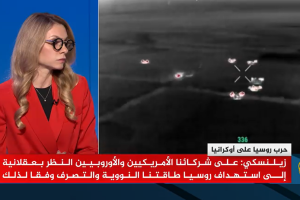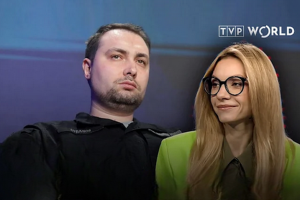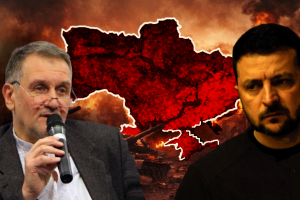Ukraine welcomes SA’s contribution to its peace initiative after Jeddah talks
Prof. Olexiy Haran comments on Copenhagen-Jeddah initiative in South African "Daily Maverick"
A ‘just peace’ initiative
Olexiy Haran, professor of comparative politics at the Kyiv Mohyla Academy and research director at the Democratic Initiatives Foundation, said the Copenhagen-Jeddah initiative was the most coherent of the several Ukraine peace efforts because its objective was a “just peace” – not just any peace, “not just a ceasefire”.
A ceasefire would merely freeze Russia’s occupation of considerable Ukrainian territory.
Haran said this was a new peace platform for Ukraine. He noted that South Africa, China and India had abstained from all the resolutions at the United Nations General Assembly condemning Russia’s invasion of Ukraine.
“That is why it was so important that the representatives of South Africa and India participated in the first meeting in Copenhagen.”
And it was also important that China joined in Jeddah. These countries had abstained at the UN because they wanted to remain neutral or non-aligned. But the Ukraine talks offered them the opportunity not just to say they were for peace, but to do something about it, realistically.
“So I think this is a new space for debate in the West and the Global South plus China, with Ukraine and without Russia,” said Haran.
Russia’s absence
But did it make sense to have peace talks without the main belligerent, Russia?
“I think at this stage it’s important to debate and find common positions without Russia because Russia is the aggressor and we know what Russia will say. Russia is saying all the territories which are occupied, these are our territories. This is not the way to peace.
“So that’s why it was confirmed at Jeddah that the territorial integrity of Ukraine is a prerequisite to moving forward,” Haran said.
And the Ukraine talks were also a way to increase pressure on Russia to leave Ukraine.
“At some point, we think definitely that Russia should join the negotiation table. And then it would be possible to discuss how Russians would leave the occupied territory.”
Haran said Ukraine’s approach to the peace talks meant that countries could contribute even if they did not agree with all 10 points of Zelensky’s peace formula.
“Maybe you are not ready to discuss some of these points. But you are interested in food security, or in nuclear safety … you are interested in the withdrawal of Russia from the [Zaporizhzhia] nuclear power station. Or in solving human issues; exchange of prisoners; return of deported Ukrainian children. So you can find a place for your activity.”
He saw no problem in overlapping tasks among different countries such as South Africa, Turkey and Qatar, which were all trying to open grain export corridors.
“I think we have here a lot of possibilities for joint efforts for Ukraine, South Africa, other countries, to pressure Russia to come back to the grain initiative. To restore the freedom of navigation generally.”
He said Putin’s demand that the West should lift its sanctions on the export of Russian grain and fertiliser before it would restore the Black Sea Grain Initiative – and his claim that most of the grain had gone to Europe and none to Africa – were “crazy lies.”
And now he said Putin had gone further by threatening to bomb civilian ships that entered Ukrainian ports, which was a violation of the international law on freedom of navigation.
Haran also welcomed Ramaphosa’s raising of the issue of deported Ukrainian children in his meeting with Putin in June as part of the African peace initiative.
What next?
The next step in the Ukraine peace process is not clear. The different countries addressing the same issues could meet among themselves.
“But definitely there would be more meetings, more negotiations, complicated negotiations,” Haran said.
This could be next month on the sidelines of either the G20 summit in India or the UN General Assembly in New York, Haran thought.
Haran said the schedule of negotiations and meetings would depend on what happened on the frontline of the war.

